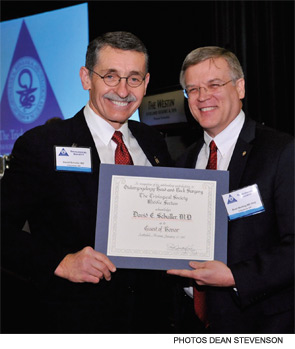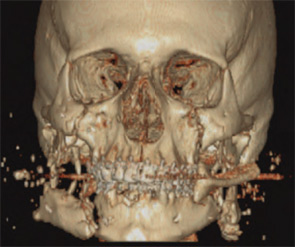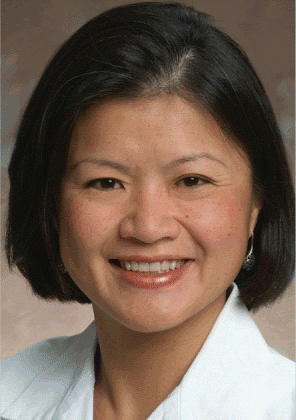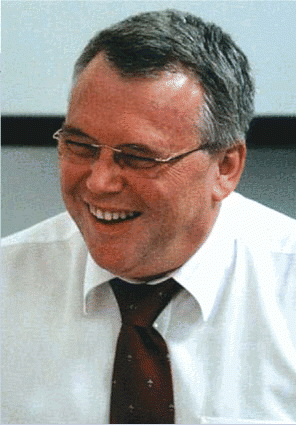The otolaryngology treatments of tomorrow are the research of today, but somebody has to pay for it.


Dr. Gerald Berke gave his presentation at COSM 2011.

The system of clinical cancer research, including that of head and neck cancer, is in need of an overhaul, but steps are being taken that might lead to more efficient work and will hopefully mean more medical breakthroughs, said David Schuller, MD, the chair in cancer research at the Ohio State University College of Medicine in Columbus, at the Triological Society’s Combined Sections Meeting, held here on Jan. 27.
Arecent study in Archives of Otolaryngology-Head and Neck Surgery on the potential side effects of nasal zinc therapies is the newest staging ground in the debate over how otolaryngologists can advise patients on the benefits of homeopathic treatments in the context of the common cold.

A push at the national level to fund more comparative effectiveness research could mean more information for otolaryngologists about which treatments work best for a given condition and in which patients.

Ever since the first fully equipped otolaryngology team was sent to the Air Force Theater Hospital (AFTH) in Balad, Iraq in 2004, an otolaryngologist-head and neck surgeon has become a permanent member of any deployed multispecialty head and neck team, working alongside a neurosurgeon, ophthalmologist and oral and maxillofacial surgeon.
Secondary tracheoesophageal puncture (TEP) performed in the office on total-laryngectomy patients, using transnasal esophagoscopy, yielded good results, researchers have reported.

Patients with cancer of the larynx who are treated at teaching and research hospitals that see high volumes of such patients are the least likely to die within a year of their diagnoses, researchers said at the annual meeting of the American Head and Neck Society.
When a 30-year-old woman from Colombia who had had severe stenosis from airway tuberculosis was referred to the University College London Centre for Stem Cells and Regenerative Medicine, there were more questions than answers.

Nasal polyposis has been a source of suffering for patients and a vexing problem for doctors. Polyps are associated with so many different conditions-from aspirin intolerance to infections-so figuring out the body’s processes that bring polyposis about has been a tall order.